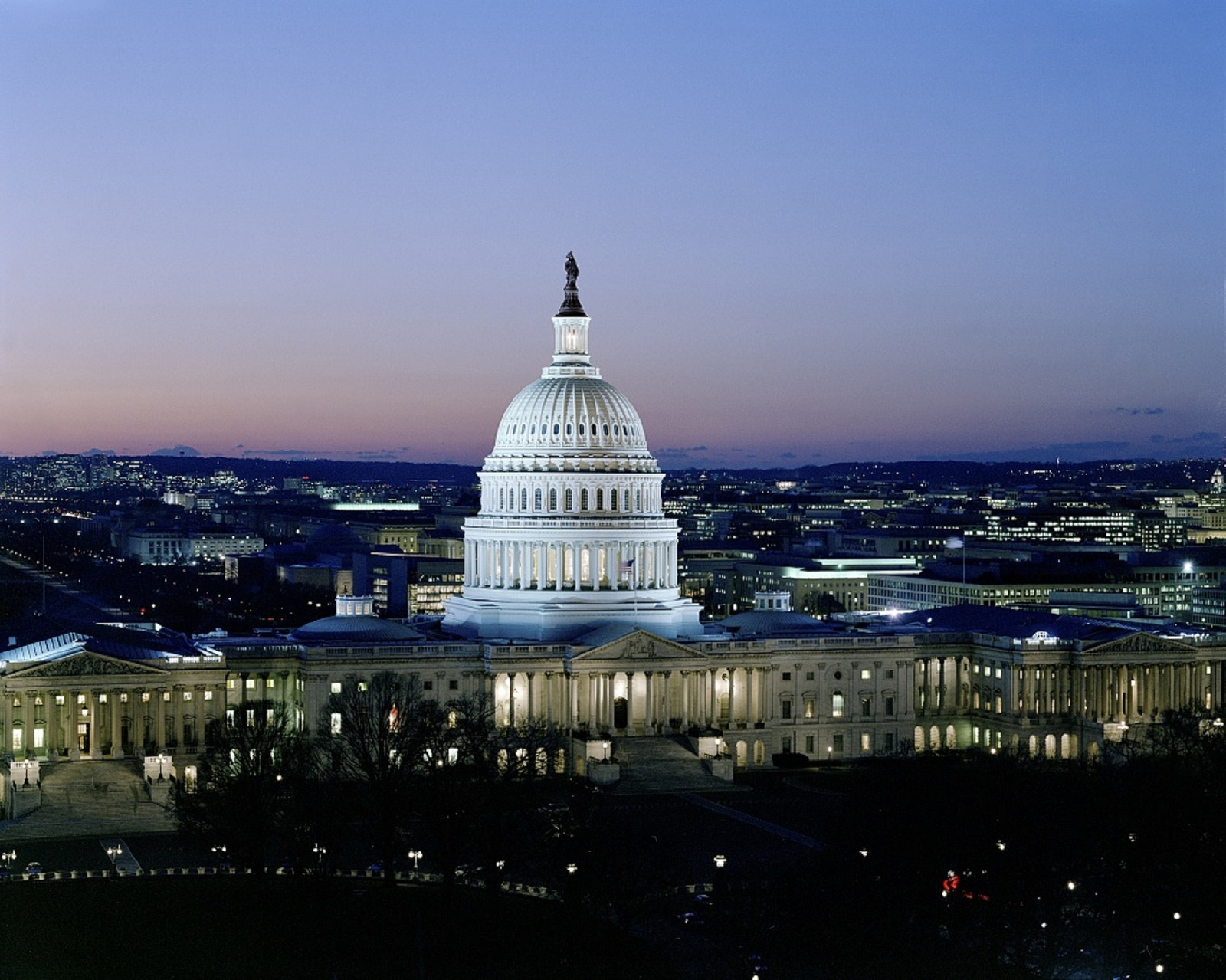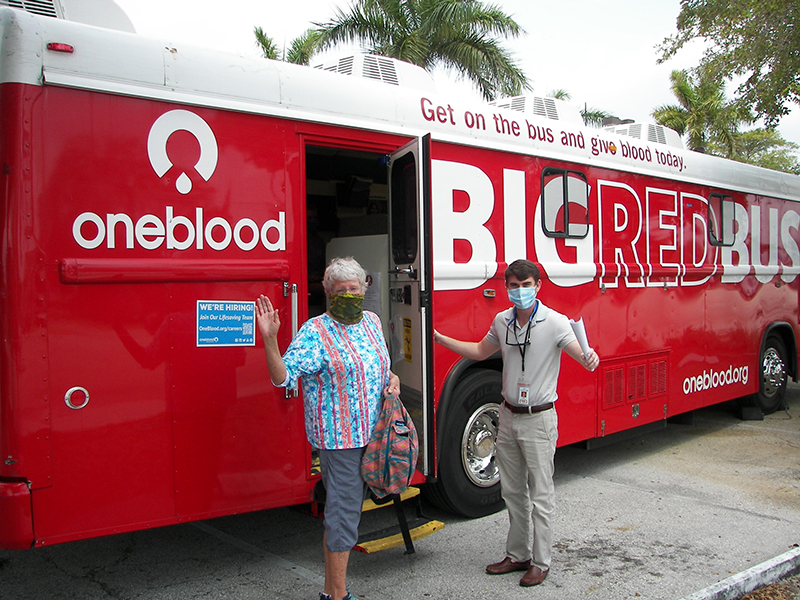By Alexander Fischer
Without a doubt, safety is the number one issue on everyone’s mind. However, life, business, and industry, continue to go on in the midst of the coronavirus (COVID-19) pandemic. One area in which the coronavirus has raised a lot of uncertainty is within community associations. Property managers and board members struggle with protecting their residents by taking measures to limit the spread of the virus while also continuing to abide by their governing documents and Florida law.

The Centers for Disease Control and Prevention advises to avoid close contact, stay home as much as possible, and put distance between yourself and other people.[1] Board members of many associations are left to wonder whether they should proceed with in-person meetings and interviews, as dictated by their governing documents. These meetings are customarily held in clubhouses or recreational facilities and could host hundreds of residents at one time. Certainly, to continue with this process would contravene the CDC’s social distancing warnings. What, then, can boards do? What action should they take, if any? Every association has a unique set of governing documents and it is imperative to review the specific requirements they set forth. If in-person meetings are required, should boards amend their governing documents to allow for meetings via Zoom or other videoconferencing services?
Alternatively, Florida’s Condominium Act, Cooperative Act, and Homeowners’ Association Act provide boards with the option to utilize emergency powers as a “response to damage caused by an event.” But can boards suspend in-person meetings as a result of the coronavirus? On March 27, Florida’s Department of Business and Professional Regulation issued Emergency Order 2020-04 which, among other rulings, suspended the “damage” requirement of the applicable emergency power statutes. The suspension of this requirement allows Florida associations to act in a time-sensitive nature, by temporarily lifting certain laws and rules that would normally apply. These powers are the same ones utilized for approaching hurricanes and are intended to be used for the safety of the community as a whole. But what are the legal repercussions, if any, of these actions?
The issues facing property managers and board members do not stop there. For example, how should common areas be treated? If the decision is made to keep them open, boards should consider reaching out to their insurance providers to determine if there are any coverage exclusions based on bacterial or viral dangers. Boards should also inquire as to whether their carrier has any specific guidelines for the use of common facilities and common areas, and should consider sending out reminders to all residents to follow CDC regulations when it comes to social distancing and sanitation procedures. These steps may better protect an association against a disgruntled and potentially litigious resident.
Boards members should also consider avoiding overly restrictive measures upon the community. Limiting the use of common areas (i.e., gyms, pools, meeting rooms, and other amenities open for use by all), restricting guest access, or even taking the temperature of those prior to entering the community, should not be done without first consulting with counsel and obtaining board approval. These actions, while promoting safety, may cause unrest and similarly provoke legal action against the association.
Rules that are put in place by associations may have resonating effects, too. For example, Realtors have been declared essential workers during this pandemic. The real estate market continues to adapt to the ever-fluctuating mortgage rates and people are trying to take advantage of that. However, some condominium associations are opposing sales and rentals during the pandemic. Daniel Guerra, the Miami Association of Realtors’ 2021 residential president, recently told the Miami Herald that Realtors are complaining daily that condominium associations are disrupting the lease and sale process by halting virtual approvals, move-ins, move-outs, and interviews of potential residents. The Realtors may have a viable argument, as an association would have to justify their halting of these procedures and meet the burden of reasonableness. See Beachwood Villas Condominium v. Poor (Florida Fourth District Court of Appeals, 1984), which found that an association board “must act within its scope of authority and reflect reasoned decision making rather than being arbitrary and capricious”. The passage of Emergency Order 2020-04 will certainly allows a litigant to claim that a board could have created new rules, or modified existing ones, to adapt to current circumstances, while still maintaining residents’ safety. Moreover, technology has allowed associations to meet in the middle of these two competing forces. Online applications, videoconference interviews, and virtual renewals should all be methods associations can take to walk the fine line. Not only do these compromises allow for the safety of all involved, they could also allow the real estate market to continue to operate.
Now, more than ever, associations should be mindful of their statutory and contractual obligations when complying with social distancing guidelines. The emergency order passed in light of the coronavirus allows boards to act swiftly, but associations would be wise to consult with counsel early and often in order to minimize the potential legal fallout from such measures.
Alexander Fischer is a partner at Sanchez Fischer Levine, LLP, which has offices in Miami, Fort Lauderdale and Los Angeles. For more information please visit www.sfl-law.com, email info@sfl-law.com or call (954) 510-9942.












